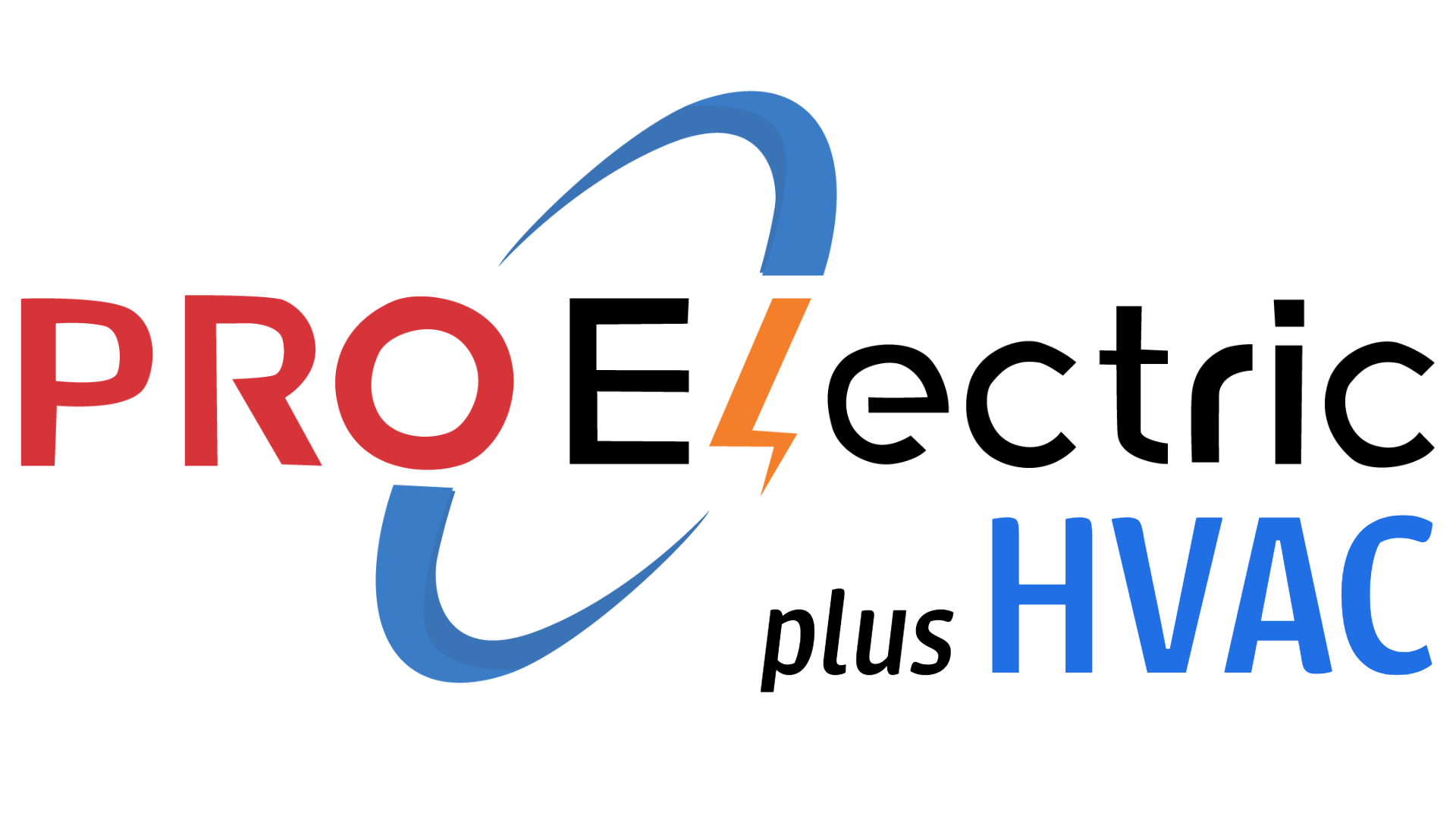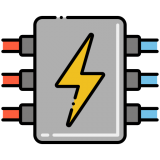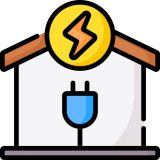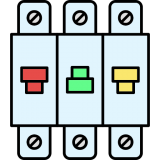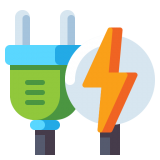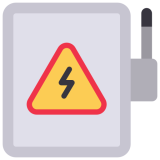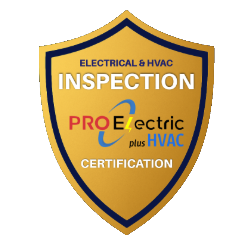CERTIFIED & BONDED MASTER ELECTRICIANSElectrical Services
Electrical Inspections
Licensed electricians examine home electrical systems and provide detailed reports on potential hazards, code violations, or areas needing improvement.
Electrical Code Correction
Correct code violations and stay compliant with local and national electrical codes using our expert services.
Electrical Panel Repair & Upgrade
Skilled electricians assess and repair damaged or corroded electrical panel components for optimal system safety and efficiency.
Landscape Lighting
Enhance outdoor spaces with our expert landscape lighting services using high-quality, energy-efficient fixtures.
Energy-Efficient Lighting Solutions
Upgrade to eco-friendly lighting options with our knowledgeable electricians’ recommendations and installations.
Emergency Electrical
Our professional electricians provide around-the-clock assistance for urgent electrical issues, ensuring safety and quick system restoration.
Light Fixtures Install & Repair
Our expert electricians install, repair, and maintain various light fixtures, ensuring a functional and stylish space.
EV Charger Installation
Ensure a reliable home charging solution for electric vehicles with our experienced electricians installing various EV charger types.
Security Lighting Installation
Enhance property safety and security with our expert security lighting assessment, recommendation, and installation services.
Ceiling Fan Install & Repair
Stay comfortable with our qualified electricians installing, replacing, and repairing various ceiling fan styles and sizes.
Outdoor Lighting
Illuminate outdoor living spaces with our professional exterior lighting design, installation, and maintenance services.
Home Wiring
Our professional electricians provide comprehensive home wiring services for safe, efficient, and reliable electrical systems.
Circuit Breaker Replacements
Keep your electrical system protected and functional with our professional circuit breaker replacement services.
Hot Tub Wiring
Ensure hot tub safety and functionality with our professional wiring services and expertise.
Electrical Power Restoration
Restore power to your home or business with our prompt and efficient electrical power restoration services.
Smoke & Carbon Monoxide Detector
Ensure home safety with our installation, maintenance, and replacement services for detectors.
Surge Protection
Safeguard electronics and appliances from power surges with our comprehensive surge protection services.
Electrical Outlet & Switch
Upgrade and maintain outlets and switches with our expert installation, repair, or replacement services.
Smart Home Automation
Upgrade to smart home technology with our skilled electricians designing, installing, and configuring intelligent devices.
Outdoor Service Disconnect
Installs and upgrades outdoor service disconnect quickly, affordably, and fully to fire code—so you can cut power in seconds and keep your Northern VA home safe and inspection-ready.
Electrical Safety Assessments
Protect your property with our comprehensive electrical safety assessments, identifying potential hazards and recommending solutions.
Infrared Sauna Installation
Professional indoor and outdoor infrared sauna electrical installation, ensuring safe, code-compliant, and long-lasting performance for every home.
Battery Backup Power &
Critical Panel Installation
Upgrade to a battery backup system with a critical load panel and experience reliable, maintenance-free power that’s ready when you need it most.
WE TAKE EXTREME PRIDE IN OUR WORK!Customer Reviews
Recent Jobs and Reviews in Falls Church, VA
Servicing Fairfax, Loudoun, Arlington, and Prince William CountiesWE ARE MASTER ELECTRICIANS & HVAC TECHNICIANS
Resources
Decision Tools
Troubleshooting
Electrical Services
- Battery Backup Power & Critical Panel Installation
- Ceiling Fan Installation Services
- Circuit Breaker Replacements
- EV Charger Installation
- Electrical Code Correction
- Electrical Inspections
- Electrical GFCI Outlet & Switch
- Electrical Panel Repair & Upgrade
- Electrical Power Restoration
- Electrical Safety Assessments
- Emergency Electrical
- Energy-Efficient Lighting Solutions
Falls Church Office
Fairfax Office
Electrical Services
- Ceiling Fan Installation Services
- Circuit Breaker Replacements
- EV Charger Installation
- Electrical Code Correction
- Electrical Inspections
- Electrical GFCI Outlet & Switch
- Electrical Panel Repair & Upgrade
- Electrical Power Restoration
- Electrical Safety Assessments
- Energy-Efficient Lighting Solutions
- Home Wiring
- Hot Tub Wiring
- Landscape Lighting
- Light Fixtures Install & Repair
- Outdoor Lighting
- Security Lighting Installation
- Smart Home Automation
- Smoke & Carbon Monoxide Detectors
- Surge Protection
HVAC Services
Decision Tools
Troubleshooting
Preferred Partners
Falls Church Office
Fairfax Office
NORTHERN VIRGINIAEV CHARGING STATION LOCATOR MAP BY ZIP CODE
PRO Electric LLC dba PRO Electric plus HVAC | Powered by HILARTECH, LLC | © All Rights Reserved
NORTHERN VIRGINIAEV CHARGING STATION LOCATOR MAP BY ZIP CODE
PRO Electric LLC dba PRO Electric plus HVAC
Powered by HILARTECH, LLC | © All Rights Reserved
